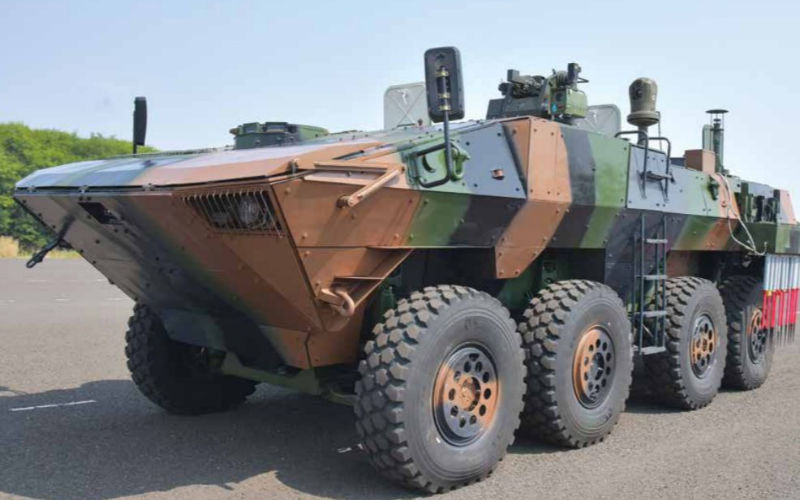Morocco Launches First Armored Vehicle Plant: 400 Combat Vehicles to Boost Military Might

Morocco has just taken a major step in setting up its first armored vehicle production plant, the result of a strategic partnership between the National Defense Administration and the Indian company Tata Advanced Systems Limited (TASL), a subsidiary of the Indian conglomerate Tata Group.
Morocco is active in the local production of the WhAP 8x8 combat vehicle at the plant called TATA Advanced Systems Morocco (TASM). A public inquiry will be conducted from July 28 to August 16, 2025 for the project to set up an industrial unit for the manufacture of military vehicles in the commune of Berrechid, in accordance with the legislation in force, in particular Law No. 12-03 on environmental impact studies.
The delivery of more than 400 WhAP 8x8, of which 150 will be supplied to the Royal Armed Forces (FAR) in various configurations, is expected as part of the collaboration between the National Defense Administration and the Indian company Tata Advanced Systems Limited (TASL). The project will be completed within a maximum period of thirty-six months with a starting local integration rate of 35% reaching 50% in the end. It will generate 90 direct jobs and 250 indirect jobs. The production capacity of the future factory will be 100 vehicles per year.
The Whap "Wheeled Armored Amphibious Platform", also known as the Kestrel, will come out of this industrial unit. It is an amphibious infantry combat vehicle capable of operating on all types of terrain.
In addition, a Moroccan delegation composed of the Moroccan ambassador to India, Mohamed Maliki, and the defense attaché to the Moroccan representation, Colonel Abdelmadjid, visited one of the Tata Advanced Systems Limited (TASL) facilities to meet with employees of the future TASM entity.
For Abdelhamid Harifi, a military consultant for Médias24, the complete success of the project depends on the ability to overcome a major obstacle: "the delays experienced by the national steel industry".
Related Articles
-

Deadly ’Royal Honey’: Moroccan Man Dies After Consuming Tainted Sexual Enhancement Product
27 August 2025
-

Algeria Warns of ’Unprecedented’ Media Attacks Threatening National Security
27 August 2025
-

Africa’s Millionaire Map: Morocco Emerges as Wealth Hub, Trailing South Africa and Egypt
27 August 2025
-

Morocco’s Airport Revolution: $4.4 Billion Boost for Marrakech and Agadir Hubs
27 August 2025
-

EU Unveils Ambitious Mediterranean Pact to Boost Trade and Counter Global Rivals
27 August 2025